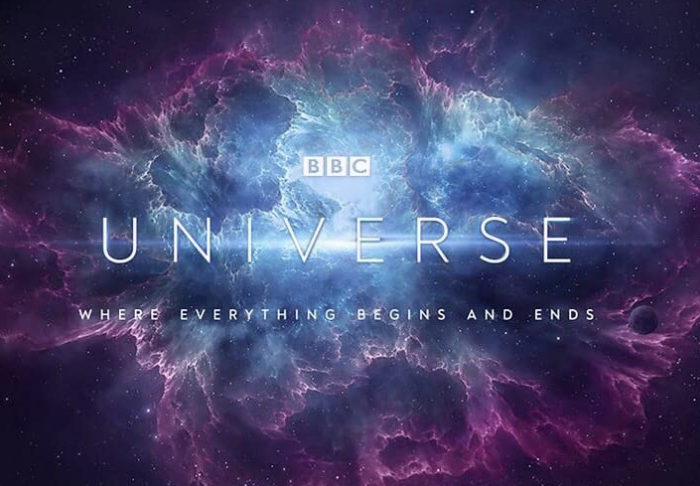I have been luxuriating in the images of Brian Cox’s Universe (BBC 2021), and being amazed by the new discoveries in astronomy. Professor Brian Cox is a friendly guide to a story that spans nearly 14 billion years.
It is intriguing that the BBC uses a mixture of images generated by real telescopes and CGI ‘imaginings’ of far-off worlds. They are all designed to make the viewer gasp with astonishment.
The series has taught me more about the history of how stars are formed and their conglomeration into galaxies. I think I understand a little more clearly the ways in which space and time bend at the extremes, making it impossible for our minds to grasp whether the universe is infinite or bounded in some way.
If viewers’ wonder at the beauty and extravagance of nature is aroused, you would grade the series as a success. The wonder of it all leads me as a Christian to praise the Creator God who is at the heart of it.
Yet there lies a paradox. ‘Science’ is the Professor’s god, yet his story of the origins of the cosmos, ‘where everything begins and ends‘, as the series’ tagline puts, strays from straight science into philosophy and theology. It has to: the themes are so large.
You could expect ‘Science’ to stay within its domains, yet many times, Brian Cox points out the beauty of the stars and the galaxies. ‘Science’ is not aesthetics, but it would be a dull program that told the story just as the interactions of physical and chemical forces – science.
Professor Cox even uses the phrase ‘The Greatest Story Ever Told’ to describe how the cosmos came to be. I wonder if he was even conscious that that phrase was the title of a 1965 epic film of the life of Jesus! Cox would contest the idea that the Greatest Story Ever Told was the Creator consenting to become part of his Creation.
By emphasising the drama of the Big Bang and the formation of galaxies and stars, Universe tries to give meaning to the formation of the cosmos. The series implies that there is a connection between human understanding (‘Science’) and the reality of the Universe, even though human beings are such a minuscule part of the whole. We humans, asserts this program, are the Universe made self-aware.
This is intriguing speculation: but it is not, strictly speaking, ‘Science’. It lies far outside ‘Science’ and is more the domain of philosophy and theology. This is the language you might expect in a theological book on the Cosmic Christ.
I sympathise with the makers of Universe: to make a film with the tagline ‘the story of the cosmos is meaningless’ would attract few viewers, but the truth is there can be no scientific evidence that the Universe has meaning.
It is at this point that Universe slips into intellectual dishonesty. To ask the audience to respond aesthetically (the Universe is beautiful) or philosophically and theologically (the Universe has meaning) is a request to step outside what science can show. Viewers should be on the lookout for these category errors.


